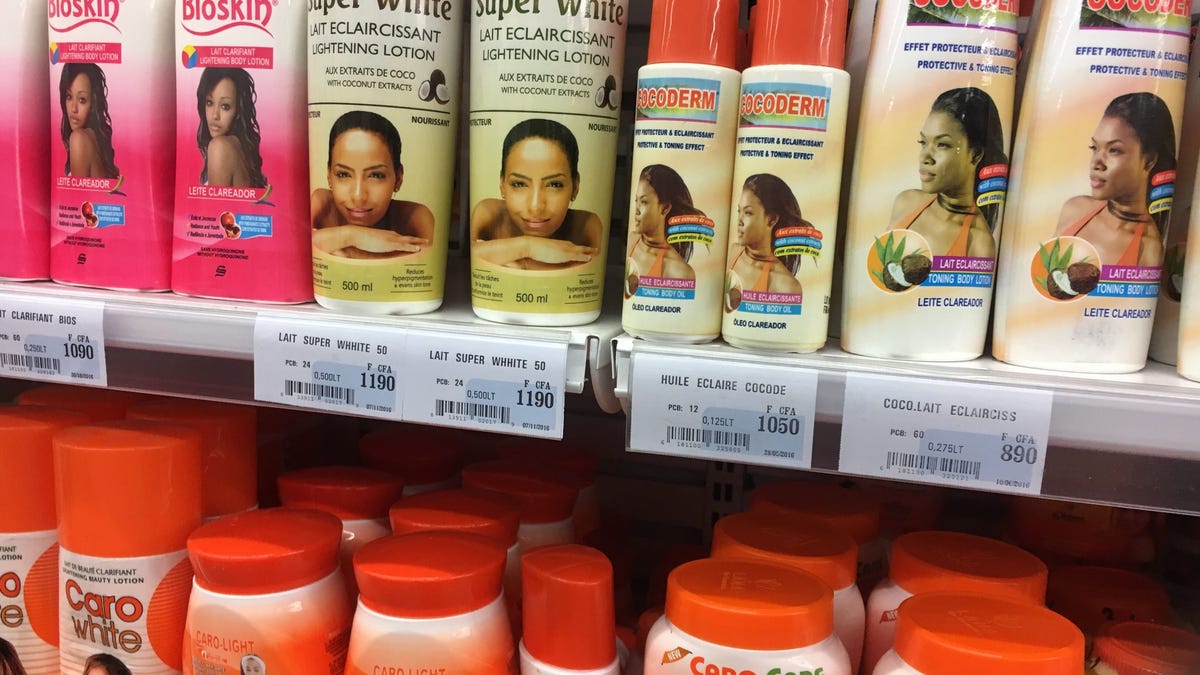Unveiling the Truth About Skin Bleaching Products: Separating Fact from Fiction
Introduction
In a world where beauty standards continue to evolve, the use of skin bleaching products has become a controversial topic. Many individuals are drawn to these products in pursuit of a lighter complexion, while others raise concerns about their safety and ethical implications. In this article, we’ll delve into the truth about skin bleaching products, aiming to separate fact from fiction.
The Allure of Lighter Skin
The desire for lighter skin has deep roots in societal perceptions of beauty. Whether influenced by cultural ideals or media portrayals, many individuals seek products that promise a fairer complexion. However, before delving into the world of skin bleaching, it’s crucial to understand the underlying factors that drive this desire.
The Dark Side of Skin Bleaching
While the pursuit of lighter skin is understandable, the use of skin bleaching products is not without risks. It is essential to shed light on the potential dangers associated with these products, from adverse skin reactions to long-term health implications. Understanding the dark side is crucial for making informed decisions regarding one’s skincare routine.
Decoding Skin Bleaching Ingredients
Common Ingredients in Skin Bleaching Products
To comprehend the effects of skin bleaching, it’s essential to decode the ingredients commonly found in these products. Ingredients such as hydroquinone, mercury, and corticosteroids often take center stage. We’ll explore their roles, potential benefits, and the risks they pose to the skin and overall health.
The Search for Safer Alternatives
Amidst concerns surrounding traditional skin bleaching ingredients, there’s a growing interest in safer alternatives. Natural ingredients like licorice extract, kojic acid, and vitamin C have gained popularity for their purported skin-lightening effects. We’ll navigate through these alternatives, exploring whether they offer a safer path to achieving a desired skin tone.
Navigating the Ethical Landscape
Ethical Concerns in the Beauty Industry
Beyond individual choices, the use of skin bleaching products raises ethical questions about the beauty industry as a whole. The perpetuation of certain beauty standards, fueled by the promotion of skin-lightening products, demands a closer examination. How do these products contribute to the societal pressure to conform to specific ideals, and what impact does this have on diverse representations of beauty?
Promoting Self-Love and Acceptance
As the conversation around skin bleaching unfolds, there is an increasing emphasis on promoting self-love and acceptance. Embracing one’s natural skin tone and challenging societal norms that dictate beauty standards are essential aspects of this movement. We’ll explore the initiatives that encourage individuals to feel confident and beautiful in their skin, regardless of its shade.
Conclusion
In the quest for a fairer complexion, it’s crucial to navigate the world of skin bleaching products with awareness and caution. Separating fact from fiction involves understanding the allure, decoding the ingredients, and acknowledging the ethical implications. As we unveil the truth, promoting a narrative that celebrates diverse beauty and fosters self-love becomes paramount. Ultimately, the decision to use skin bleaching products should be informed, mindful, and rooted in a genuine appreciation for individuality and diversity.

